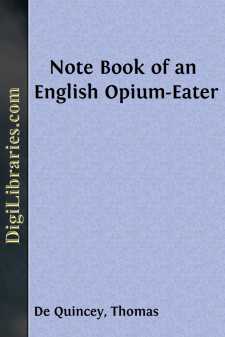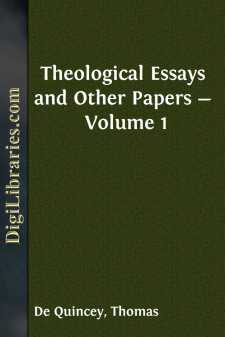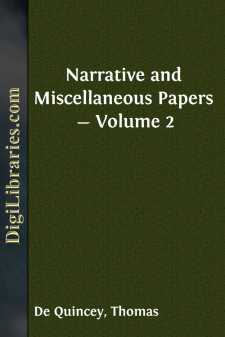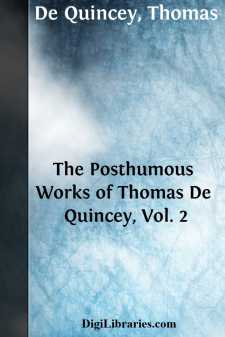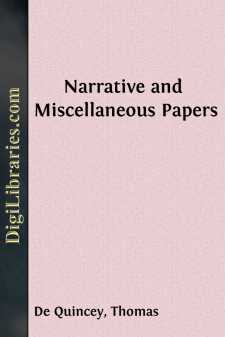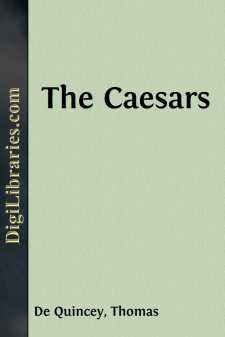Categories
- Antiques & Collectibles 13
- Architecture 36
- Art 48
- Bibles 22
- Biography & Autobiography 813
- Body, Mind & Spirit 142
- Business & Economics 28
- Children's Books 17
- Children's Fiction 14
- Computers 4
- Cooking 94
- Crafts & Hobbies 4
- Drama 346
- Education 46
- Family & Relationships 57
- Fiction 11829
- Games 19
- Gardening 17
- Health & Fitness 34
- History 1377
- House & Home 1
- Humor 147
- Juvenile Fiction 1873
- Juvenile Nonfiction 202
- Language Arts & Disciplines 88
- Law 16
- Literary Collections 686
- Literary Criticism 179
- Mathematics 13
- Medical 41
- Music 40
- Nature 179
- Non-Classifiable 1768
- Performing Arts 7
- Periodicals 1453
- Philosophy 64
- Photography 2
- Poetry 896
- Political Science 203
- Psychology 42
- Reference 154
- Religion 513
- Science 126
- Self-Help 84
- Social Science 81
- Sports & Recreation 34
- Study Aids 3
- Technology & Engineering 59
- Transportation 23
- Travel 463
- True Crime 29
The English Mail-Coach and Joan of Arc
Categories:
Description:
Excerpt
INTRODUCTION
I. LIFE
Thomas de Quincey was born in Manchester on the 15th of August, 1785. His father was a man of high character and great taste for literature as well as a successful man of business; he died, most unfortunately, when Thomas was quite young. Very soon after our author's birth the family removed to The Farm, and later to Greenhay, a larger country place near Manchester. In 1796 De Quincey's mother, now for some years a widow, removed to Bath and placed him in the grammar school there.
Thomas, the future opium-eater, was a weak and sickly child. His first years were spent in solitude, and when his elder brother, William, a real boy, came home, the young author followed in humility mingled with terror the diversions of that ingenious and pugnacious "son of eternal racket." De Quincey's mother was a woman of strong character and emotions, as well as excellent mind, but she was excessively formal, and she seems to have inspired more awe than affection in her children, to whom she was for all that deeply devoted. Her notions of conduct in general and of child rearing in particular were very strict. She took Thomas out of Bath School, after three years' excellent work there, because he was too much praised, and kept him for a year at an inferior school at Winkfield in Wiltshire.
In 1800, at the age of fifteen, De Quincey was ready for Oxford; he had not been praised without reason, for his scholarship was far in advance of that of ordinary pupils of his years. "That boy," his master at Bath School had said, "that boy could harangue an Athenian mob better than you or I could address an English one." He was sent to Manchester Grammar School, however, in order that after three years' stay he might secure a scholarship at Brasenose College, Oxford. He remained there— strongly protesting against a situation which deprived him "of health, of society, of amusement, of liberty, of congeniality of pursuits"—for nineteen months, and then ran away.
His first plan had been to reach Wordsworth, whose Lyrical Ballads (1798) had solaced him in fits of melancholy and had awakened in him a deep reverence for the neglected poet. His timidity preventing this, he made his way to Chester, where his mother then lived, in the hope of seeing a sister; was apprehended by the older members of the family; and through the intercession of his uncle, Colonel Penson, received the promise of a guinea a week to carry out his later project of a solitary tramp through Wales. From July to November, 1802, De Quincey then led a wayfarer's life. [Footnote: For a most interesting account of this period see the Confessions of an English Opium-Eater, Athenæum Press Selections from De Quincey, pp. 165-171, and notes.] He soon lost his guinea, however, by ceasing to keep his family informed of his whereabouts, and subsisted for a time with great difficulty. Still apparently fearing pursuit, with a little borrowed money he broke away entirely from his home by exchanging the solitude of Wales for the greater wilderness of London....



